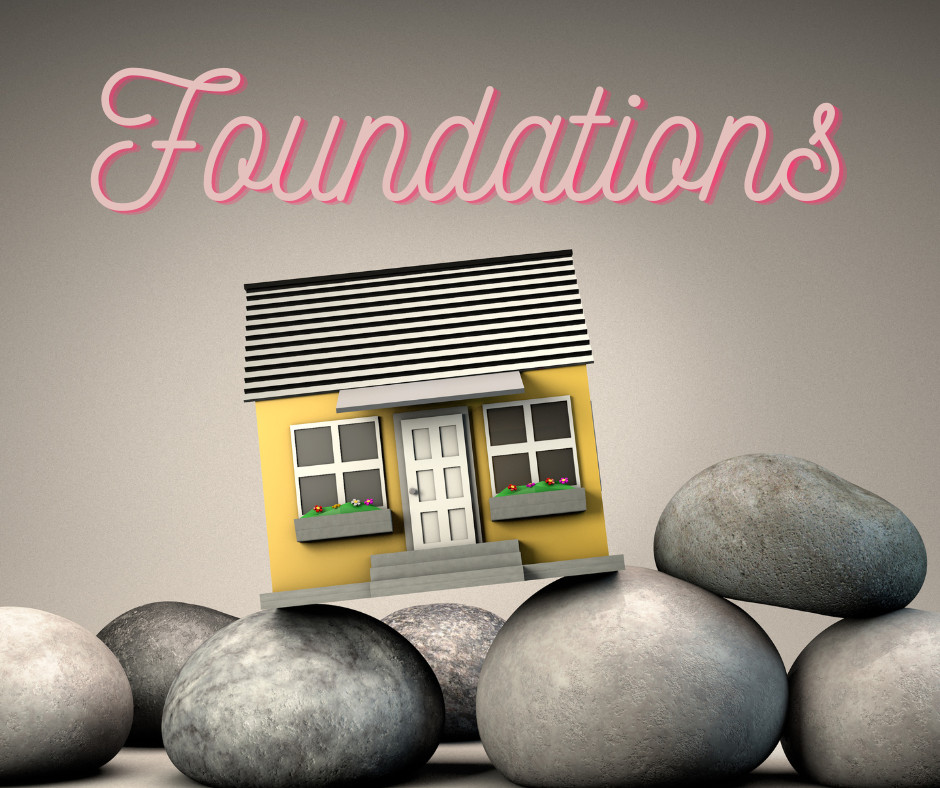
Last week, I talked about embracing the stages of change in order to incrementally improve the odds of accomplishing your goals.
This week, I want to give you three tools to help you make your behavioral changes successful.
The three tools for your toolbox are Reminders, Routine, and Reward.
Reminders help set us up for success. When forming a new habit, it's easy to forget or to revert back to our old behaviors when we get stressed out. Gentle reminders can help us remember to keep with our newer healthy habit, so we don't get off track. Some people like alarms, some like checklists, others enjoy bullet journals to track their goals. One goal to keep in mind when we remind ourselves is to use a reminder that is gentle. We also want to enable our reminders when we are unstressed and open to them. If we set a reminder to take our daily walk after work while we are cooking dinner, tending to the needs of family and shuttling kids off to soccer we will likely turn off the reminder in irritation. However, if we set a reminder to take our walk during our routine lunch break, or other time when we are open to it, we are more likely to step up to the plate.
There are lots of ways to remind ourselves, we are creatures of habit. If we know we will be in the bathroom every morning brushing our teeth, maybe we put a sticky note on the mirror reminding us to grab our tennis shoes on the way out the door. Or maybe we place our tennis shoes next to our work back, or in the bathroom. You are the master of your time and know best what type of reminder will set you up for success.
Another way to leverage reminders is the use of habit stacking. Like I said, we are creatures of habit. We do many of the same things day after day at the same time. We drive the same roads, we stop at the same stores, we eat the same things week after week, we call the same people, watch the same shows, visit the same websites, etc. We can leverage this information to stack a healthy habit on top of something we already do.
If I am trying to minimize eating out during the workday, but a regularly cook healthy dinners at home, I can utilize this to stack my habits. Perhaps, because I am so good about cooking dinner, I can stack a habit on top of that one and start packing my healthy lunch while I am already in the kitchen preparing dinner.
We all get up pretty regularly to visit the restroom. If I am trying to be more active and move more, I can stack my biological need to pee with a new habit of doing a few squats when I am done. It's the small incremental habits that make a difference and habit stacking is a great way to improve our success in changing our habits.
The second tool for our toolbox is to make it a routine. Habit stacking, like mentioned above is a great way to incorporate new routines into our behavior.
If your new habit is something that needs to be scheduled, how will you schedule it? Where and how will you set aside the time for it? Will you stack it with another habit?
What else do you need in order to be successfu? . When we are in the preparation stage of change. We begin gathering our resources and make preparations. This helps ensure our success. If I am contemplating running and don't have the right shoes, purchasing running shoes demonstrates a little commitment to our new routine. By planning to make your new habit part of your routine, we also want to ensure we have all the tools and resources that will set us up for success.
What can we do to protect this new routine?
The Final R for your toolbox is Reward. When we have a built-in reward system as part of our plan, it can help keep us motivated to achieving small successes. Small successes are important to celebrate, they acknowledge our incremental progress. Change is hard work and small rewards along the way as we achieve specific milestones, can help us stay motivated to keep going. What are some things you can do to reward yourself for meeting specific milestones for your goal?
Your reward doesn't have to be extravagant or expensive, Maybe, it's as simple as some alone time and a bubble bath. Maybe its spending some dedicated time on your favorite hobby., When building our rewards, it is important to consider if they are in alignment with our goals. If you are trying to lose weight, a giant piece of cake is likely not an appropriate reward, as it might set us back in the progress we just made.
You know yourself best, what small thing can you do to celebrate incremental successes?
Share your ideas below.




